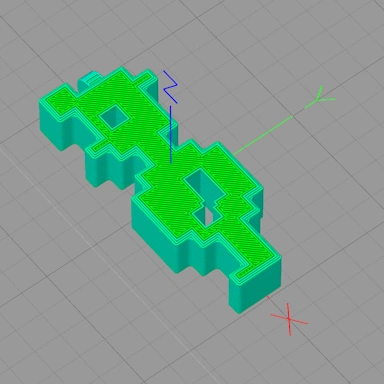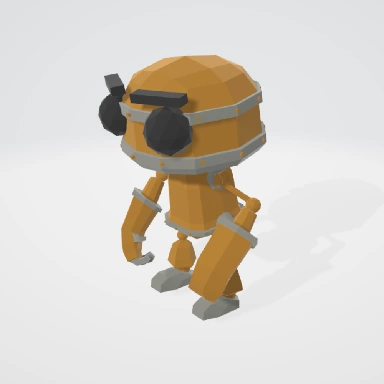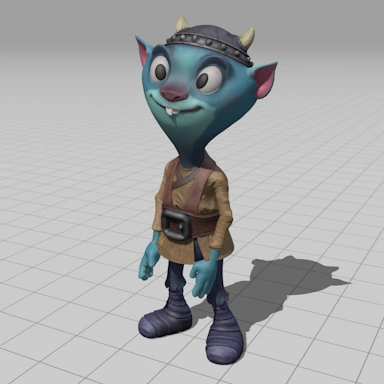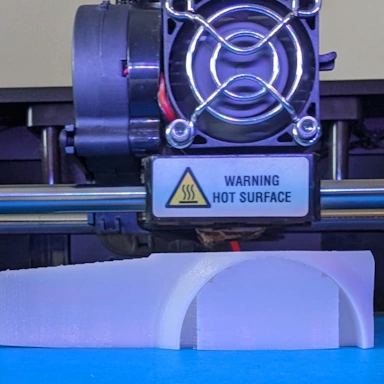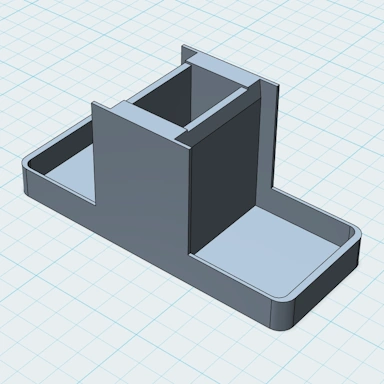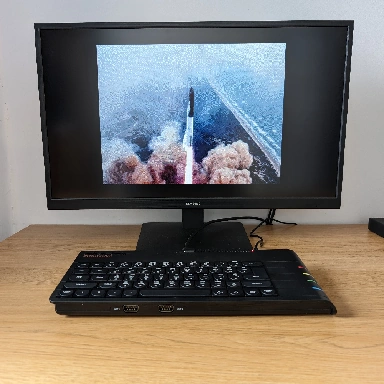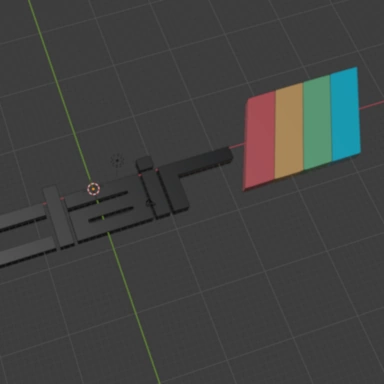| Full Name | COLLADA - Collaborative Design Activity |
| Extension | DAE |
| Type | 3D Model |
| Mime Type | text/xml |
| Format | Text |
The Khronos Group created the DAE file, a 3D model file format. The format is an XML text-based format, storing the 3D model information in a standardized XML structure, ensuring it is easy to add additional features without introducing compatibility issues.
Many 3D editing applications support the importing and exporting of DAE files, including the popular 3D editor Blender.
Mesh Geometry
DAE files support mesh geometry along with various types of surface definitions, from simple triangles to full polygon meshes. It has support for face and vertex normals and texture coordinates too. Mesh elements defined within the XML structure can be shared between multiple 3D objects within the final rendered scene.
DAE Converter Capabilities
As materials containing texture and color information are both supported by the DAE format, our tool will do its best to include these materials, including any texture files, in the converted file.
| Full Name | Wavefront |
| Extension | OBJ |
| Type | 3D Model |
| Mime Type | text/plain |
| Format | Text |
An OBJ file is a text-based file format used for the storage of 3D model data. The format was developed in the 1980s by Wavefront Technologies as a means to store the geometric mesh data associated with a 3D model. It has garnered widespread support in the following years, and you will find options to load from and save to the OBJ format in most modern 3D modeling applications.
As OBJ files are essentially text files, they can grow quite large when working with large and detailed 3D models.
Mesh Geometry
Within a 3D OBJ file are lists of vertices, mesh faces, face normals, texture coordinates, and more. The vertices, normals, and texture coordinates are stored in a continuous list and are indexed referenced within a separate list of mesh faces, ensuring optimal use of space within the file. A mesh face may contain three or more points, each of which can use a unique vector normal and texture coordinate.
OBJ Converter Capabilities
As materials containing color information is supported by the DAE and OBJ formats, our tool will do its best to include this in the converted OBJ file.

